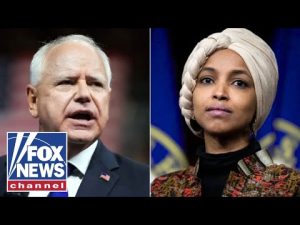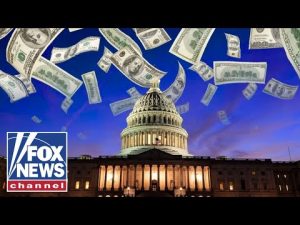The disturbing trend of justifying political violence is increasingly being whitewashed by mainstream media. This tactic is being used to mask the genuine nature of these acts, portraying them in a way that downplays their severity. It is deeply concerning that influential figures and media personalities are not only failing to condemn such acts but are tacitly condoning them through misleading narratives. By misleadingly suggesting that people deserve any form of violence, they are crossing a dangerous line. It becomes evident that there is a systemic issue within media narratives that needs to be addressed.
The conversation surrounding the death of Charlie Kirk highlights this issue vividly. As critics point out, the rush to politicize and blame one side of the political spectrum is profoundly disrespectful. Jumping on half-baked narratives shortly after such tragic events only serves to fuel more division. If anything, these narratives seem to imply approval or satisfaction with the violence occurring to those deemed as opponents. This is not the reflection of a responsible society. Instead, it shows how polarization has plunged to the depths where human decency is overshadowed by political affiliation.
The issue isn’t just about one person or one incident; it’s a broader problem. When media personalities propagate misleading information about the culprits behind these acts, it sends chilling signals. The implicit message is clear: if violence aligns with a preferred ideology, it might get a pass. This celebratory stance towards violence against political opposition is alarming and unacceptable in any civilized discourse. It not only tarnishes the reputation of media but also emboldens individuals with extremist views to act on these ideologies.
What happens with such rhetoric is a direct assault on the foundations of democracy. The media’s acceptance, and sometimes celebration, of violence sets a perilous precedent. It suggests that if one’s views are unpopular, then violent retribution might be justified or, worse, applauded. Such a notion is anathema to a society striving to maintain civility and mutual respect in political debates. Political disagreements should be resolved through discourse, not through acts of terror and violence.
Ultimately, it is imperative to stand firm against justifying political violence from any side. As divisive as political discourse has become, the act of making political assassination taboo again is a necessary step. Society must refuse to allow media narratives to distort the reality of violence. Instead, there should be a united front against these acts to ensure that future generations inherit a society where differences can be expressed freely and safely, devoid of the fear of retribution.







